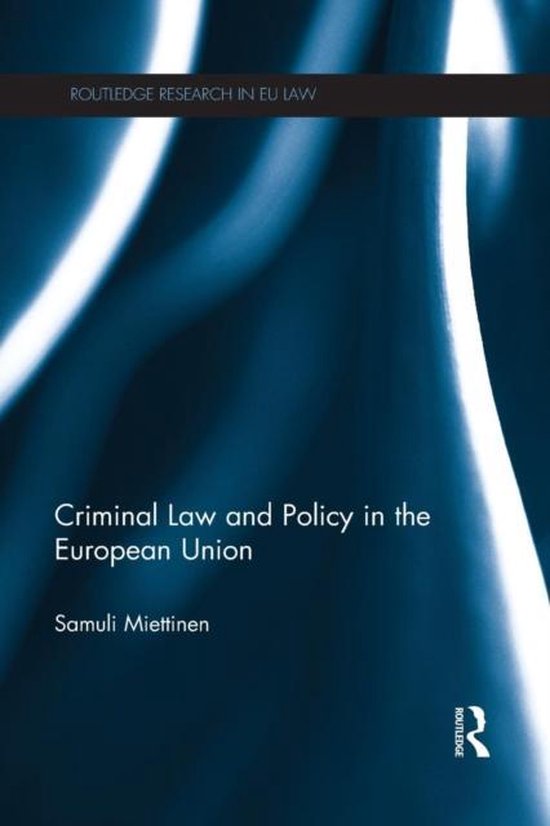
Criminal Law and Policy in the European Union
-
AuteurSamuli Miettinen
- Uitgeverij-
- Jaar-
'Criminal Law and Policy in the European Union' by Samuli Miettinen is a comprehensive exploration of the intricate relationship between criminal law and policy within the EU framework. This meticulously researched book delves into the complexities of how the European Union shapes criminal law across its member states, offering readers a deep understanding of the legal and policy mechanisms at play. Miettinen's work stands out for its detailed analysis of the EU's role in harmonizing criminal law, the challenges of cross-border cooperation, and the impact of EU policies on national legal systems. With a focus on both theoretical underpinnings and practical implications, this book is an invaluable resource for legal professionals, policymakers, and academics interested in the intersection of criminal law and European integration.